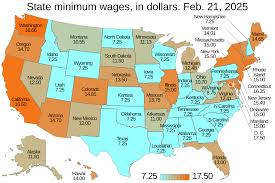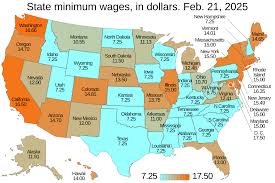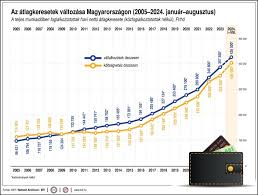
Introduction
The minimum wage is a crucial aspect of labour policy that affects millions of workers worldwide. It sets the lowest legal pay that employers must offer, intended to provide a basic standard of living. In recent months, there have been significant discussions and changes regarding minimum wage laws in various regions, making it a topic of high relevance for both workers and employers.
Current Changes in Minimum Wage Legislation
In the United Kingdom, the government recently confirmed that the National Living Wage will increase from £8.91 to £9.50 per hour starting April 2022. This rise, a 6.6% increase, aims to assist workers in coping with the rising cost of living and inflation. The decision is part of a broader strategy to improve living standards and reduce income inequality.
The Low Pay Commission has recommended this increase after analysing the economic conditions and the impact of COVID-19 on the workforce. Approximately 2 million workers are expected to benefit from this rise, making it one of the most significant changes in recent years.
Effects on Workers and Employers
For workers, this increase in minimum wage represents a vital step toward financial security, particularly in light of the ongoing financial challenges posed by the pandemic. Many workers, especially those in hospitality, retail, and healthcare sectors, reported struggles to make ends meet on previous wages.
Employers, however, have expressed concerns about the increasing labour costs that come with raising the minimum wage. Some businesses fear that higher wages could lead to job cuts or increased prices for consumers. In contrast, advocates argue that paying workers more can lead to increased productivity and lower turnover, ultimately benefitting the economy.
Conclusion
The adjustments to minimum wage laws hold significant implications for both the workforce and the broader economy. As the UK government continues to evaluate the impact of economic recovery from the pandemic, it is essential for both employers and employees to stay informed about potential future changes. Observing how these changes influence job markets and living standards will be critical for understanding the evolving landscape of work in the UK.
In summary, the discussion around minimum wage is far from over. With periodic reviews and potential changes on the horizon, policy-makers will need to balance the needs of workers with the capabilities of the business sector. The coming months will be pivotal in determining the role of minimum wage in promoting economic stability and growth.
You may also like

The Sandie Peggie Employment Tribunal: Latest Developments

Understanding Minimum Wage Changes and Their Impact in 2023
